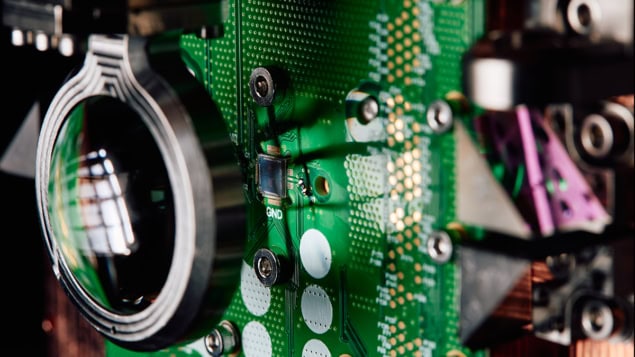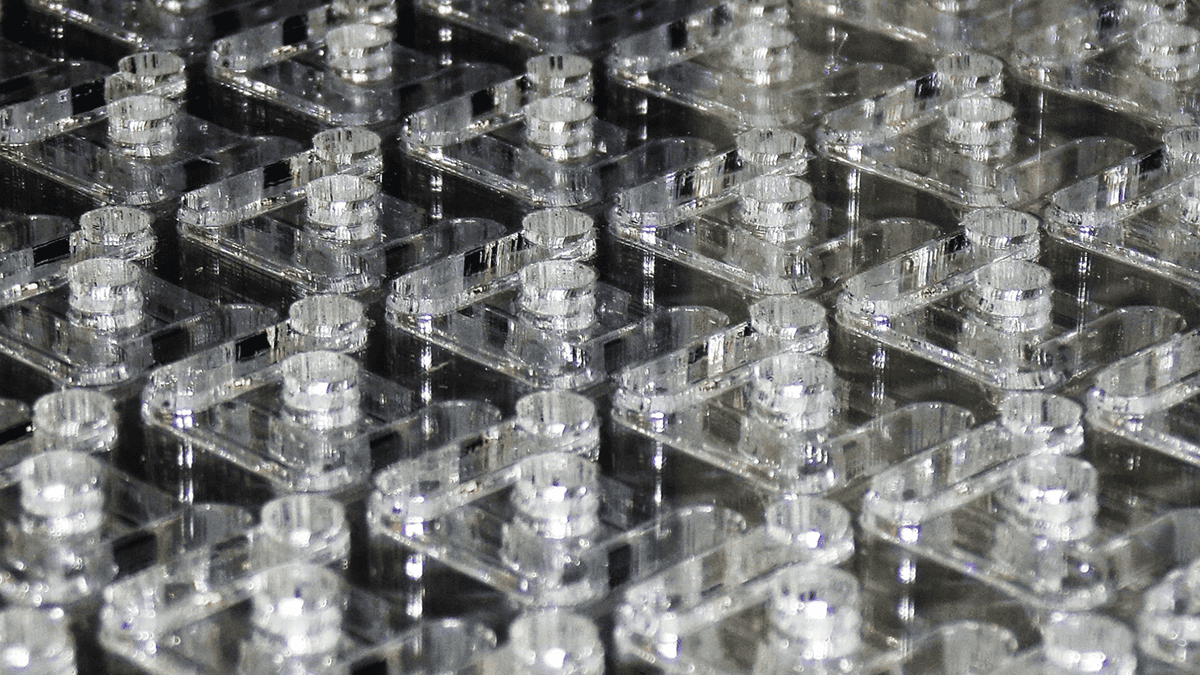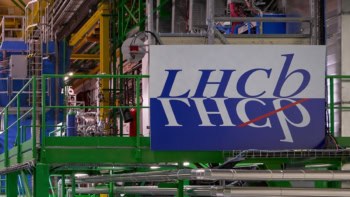James McKenzie takes a first look at some of the innovative companies to have scooped the latest round of business awards from the Institute of Physics

I have mentioned many times in this column the value of the business awards given by the Institute of Physics (IOP), which can be a real “stamp of approval” for firms developing new technology. Having helped to select the 2024 winners, it was great to see eight companies winning a main IOP Business Innovation Award this time round, bringing the total number of firms honoured over the last 13 years to 86. Some have won awards on more than one occasion, with Fetu being one of the latest to join this elite group.
Set up by Jonathan Fenton in 2016, FeTu originally won an IOP Business Start-up Award in 2020 for its innovative Fenton Turbine. According to Fenton, who is chief executive, it is the closest we have ever got to the ideal, closed-cycle reversible heat engine first imagined by thermodynamics pioneer Nicolas Carnot in 1824. The turbine, the firm claims, could replace compressors, air conditioners, fridges, vacuum pumps and heat pumps with efficiency savings across the board.
Back in 2020, it might have sounded like a “too-good-to-be-true” technology, but Fenton has sensibly set out to prove that’s not the case, with some remarkable results. The turbine is complex to describe but the first version promised to cut the energy cost of compressing gases like air by 25%. They claim has already been proven in independent tests carried out by researchers at the University of Bath.
One challenge of any technology with many different applications is picking which to focus on first
One challenge of any technology with many different applications is picking which to focus on first. Having decided to focus on a couple of unique selling factors in large markets, FeTu has now won a 2024 Business Innovation Award for developing a revolutionary heat engine that can generate electrical power from waste heat and geothermal sources as low as 40 °C. It has a huge market potential as it is currently not possible to do this economically.
Innovative ideas
Another winner of an IOP Business Innovation Award is Oxford Ionics, a quantum-computing firm set up in 2019 by Chris Balance and Tom Harty after doing PhDs at the University of Oxford. Their firm’s qubits are based on trapped ions, which traditionally have been controlled with lasers. It’s an approach that works well for small processors, but becomes untenable and error-prone as the size of the processor scales, and the number of qubits increases.
Instead of lasers, Oxford Ionics’ trapped-ion processors use a proprietary, patented electronic system to control the qubits. It was for this system that the company was recognized by the IOP, along with its ability to scale the architecture so that the chips can be made in large quantities on standard semiconductor production lines. That’s essential if we are to build practical quantum computers.
Quantum showcase sets out next decade of UK quantum
While it’s still early days in the commercialisation of quantum computing, Oxford Ionics is an exciting company to watch. It has already won contracts to supply the UK’s National Quantum Computing Centre at Harwell and has bagged a large contract with its partner Infineon Technologies AG in Munich to build a state-of-the-art portable quantum computer for Germany’s cybersecurity innovation agency. The two firms are one of three independent contractors selected by the agency, which is investing a total of €35m in the project.
I should also mention Dublin-based Equal1, which won the IOP’s £10,000 quantum Business Innovation and Growth (qBIG) Prize in 2024. Equal1 is developing rack-mountable quantum computers powered by a system that integrates quantum and classical components onto a single silicon chip using commercial fabrication processes. The company, which aims to develop compact quantum computers, also won 10 months of mentoring from the award’s sponsors Quantum Exponential.
Meanwhile, Covesion – a photonics and quantum components supplier founded in 2009 – has won an IOP Business Innovation Award for its magnesium-doped, periodically poled, lithium niobate (MgO:PPLN) crystals and waveguides. They allow light to be easily converted from one frequency to another, providing access to wavelengths that are not available from commercial laser sources.
With a manufacturing base in Southampton, Covesion works with customers and industry partners to help them design and make high quality MgO:PPLN products used in a wide range of applications. They include quantum computing, communication, sensing and timing; frequency doubling of femtosecond lasers; mid-infrared generation; atom cooling; terahertz generation and biomedical imaging. The shear breadth and global nature of the customer base is impressive.
Sounds promising
Among the companies to win an IOP Business Start-up Award is Metasonixx, based in Brighton. Spun off from the universities of Bristol and Sussex in 2019, the firm makes mass-produced acoustic metamaterial panels, which can dramatically attenuate sound (10 dB in its Sonoblind) and yet still allow air to flow freely (3 dB or 50% attenuation). That might seem counter-intuitive, but that’s where the innovation comes in and the panels can help with noise management and ventilation, allowing industrial ventilators and heat pumps to be more widely used.

The company really got going in 2020, when it got a grant from UK Research and Innovation to see if its metamaterials could cut noise in hospitals to help patients recovering from COVID-19 and improve the well-being of staff. After Metasonixx won the Armourers and Brasiers Venture Prize in 2021 for their successes on COVID wards, the firm decided to mass-produce panels that could perform as well as traditional noise-reduction solutions but are modular and greener, with one-third of the mass and occupying one-twelfth of the space.
From a physics point of view, panels that can let air and light through in this way are interferential filters, but working over four doublings of frequency (or octaves). With manufacturing and first sales in 2023, their desk separators are now being tested in noisy offices worldwide. Metasonixx believes its products, which allow air to flow through them, could help to boost the use of industrial ventilators and heat pumps, thereby helping in the quest to meet net-zero targets.
Winning awards for Metasonixx is not a new experience, having also picked up a “Seal of Excellence Award” from the European Commission in 2023 and honoured at Bristol’s Tech-Xpo in 2024. Its new IOP award will sit very nicely in this innovative company’s trophy cabinet.
- In his next article, James McKenzie will look at the rest of the 2024 IOP Business Award winners in imaging and medical technology.




